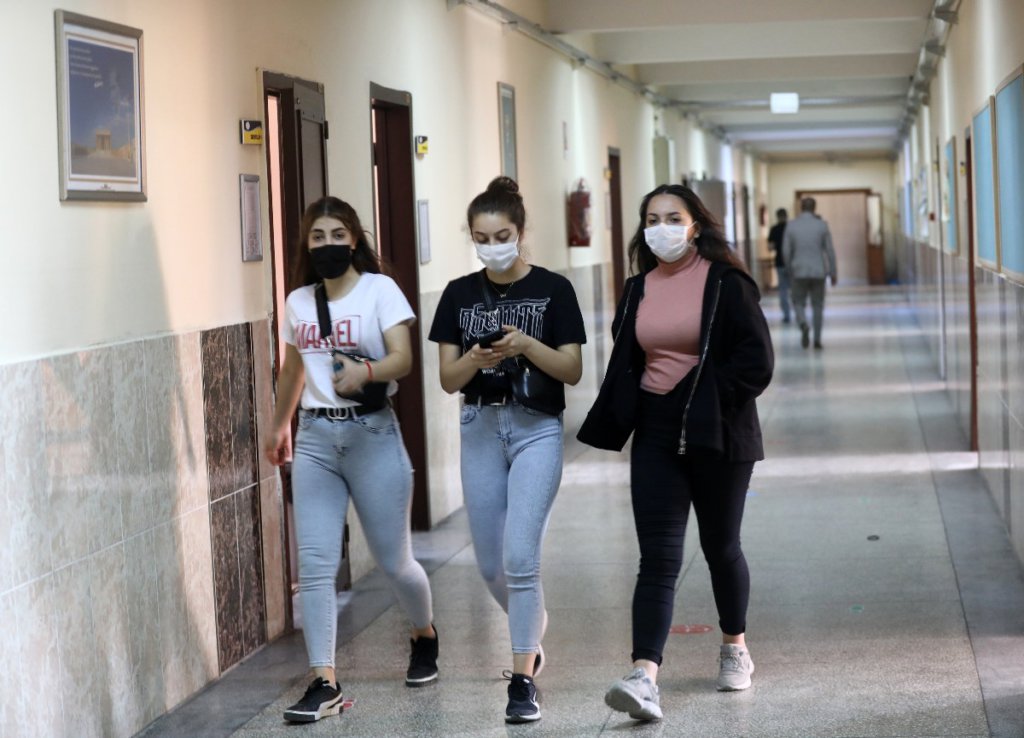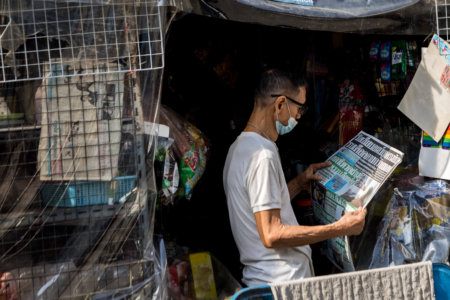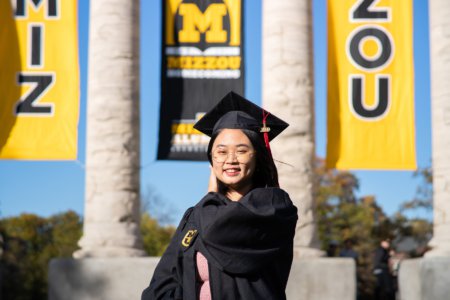
Journalism students, here’s your chance to learn from one of the world’s leading and oldest media agencies for free. Agence France-Presse (AFP) — a French private international news agency — is offering free AFP journalism courses to help you develop your journalist skills and learn useful digital investigation techniques.
Supported by the Google News Initiative, AFP’s digital investigations team created the courses to support journalists and journalism students worldwide.
Whether you’re a beginner in the industry or have a couple of years of reporting experience under your belt, the courses are a great learning opportunity for all. You’ll be learning from a leading global fact-checking organisation.
Currently conducted in English or French, the AFP journalism courses aim to sharpen journalists’ digital reporting skills through a series of short courses.
Most of them take 45 minutes to an hour to complete, but technical courses may take longer, depending on your experience level. You are, however, free to start and stop the courses anytime — it’s not compulsory to finish them in one sitting.

The AFP journalism courses aim to help professionals and students work more efficiently and safely online. Source: Adem Altan/AFP
AFP journalism courses to boost your skills
The courses are divided into three main levels: basics, intermediate and taking it further. Learners in the basics level learn how to search more efficiently, find the origin of a photo or video, learn techniques to protect themselves, save evidence and find online archives.
Meanwhile, the intermediate level teaches learners how to take social media searches to the next level, identify clues in images, travel through online maps and identify reliable sources on health topics.
Taking it further — the final level — will teach students different mapping tools, how to find results with few clues, find witnesses for breaking news events and obtain, check and vet images.
Each course completion will award you with a certificate — in other words, you’ll receive numerous certificates that recognise your specific skillset.
According to AFP, more examples, quizzes and tips will be updated in the coming months. The courses will soon be available in Portuguese and Spanish too.
In explaining the purpose of the AFP journalism courses, AFP Global News Director Phil Chetwynd said: “Rapid developments on social media platforms and fast-moving disinformation mean that journalism skills constantly need to be updated. We want to share learnings from our digital investigations team with all journalists, helping them to work more efficiently and safely online.”

You will receive a certificate for each course you complete. Source: Manan Vatsyayana/AFP
Supporting journalists and aspiring journalists worldwide
As one of the oldest media agencies globally, AFP is recognised for delivering fast, accurate and in-depth coverage of the events shaping the world. It has some 2,400 staff in almost every country working hand-in-hand to deliver the latest news in video, text, photos, multimedia and graphics.
With such strong standing in the industry, the leading media agency uses its influence for good too: it has launched various initiatives that stress the importance of news credibility, create code of conducts, support aspiring journalists, raise environmental awareness and change the media industry.
Its latest collaboration with the Google News Initiative provides the free and necessary support to prevent news disinformation and train journalists worldwide.
Google News Lab Lead in France, Italy and Spain David Dieudonné explained the reason behind the collaboration: “In today’s online world, journalists play a key role in helping us understand important topics as they unfold and helping us sort fact from fiction. Our partnership with AFP is designed to provide journalists with essential skills to tackle misinformation and support their reporting.
“This is part of Google’s broader efforts to support the news industry by providing journalists with tools and training to find, verify and tell news stories online, and since 2015, Google has provided training to more than 500,000 journalists around the world.”
To explore the AFP journalism courses, students must sign up and state that they are studying journalism at their respective universities. Journalists will have to state that they are currently working for a media agency.










